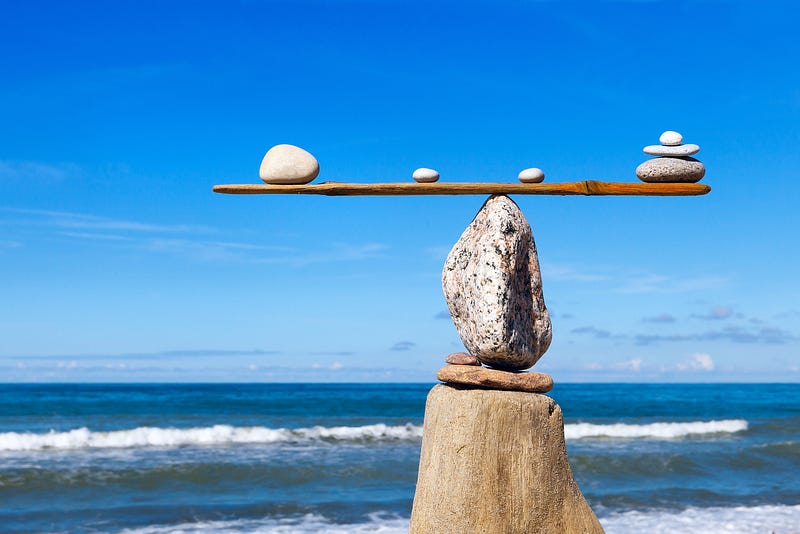Responsibility is an important step to be aware of your own life. Today, we hear a lot about the need to take responsibility for our actions. However, only few can explain the meaning of “self-responsibility.” So, what does it mean, to be responsible?
Create an internal “cutoff point”. Responsibility is associated with a feel of control over our own lives. The locus of this control can be inside a person (when he is sure that he is responsible for his own feelings, thoughts and actions). Or, it can be associated with an external environment. This happens when self-responsibility is unbearable for some reason. For example, such person will say something like, “I have a bad daughter” rather than “I am not really a good father.”
Care about yourself. This includes taking care of your own body and feelings. Well-balanced nutrition, good sleep, well-organized physical activity and consistent health monitoring will help you to stay in a better contact with yourself and your body.
Don’t forget about self-support. Make sure you allocate enough time for hobbies and creative activities that bring joy. It’s a good way to recover and balance your emotional condition. Attend concerts and exhibitions, meditate, or watch movies to enhance your personal growth. Create and maintain relationships that “nourish” you. This is a resource that will protect you from emotional exhaustion.
Be honest with yourself. In other words, try to realize what you really feel. Especially, when you experience negative feelings, such as guilt, shame, anger, etc. If you do not realize the root of these feelings or beliefs, you will react in “an autopilot mode.” Unfortunately, such reaction does not cultivate responsibility.

Give yourself an opportunity to be “imperfect”. Often we are very strict towards ourselves. We take any mistake as a personal failure. The fear of social disapproval drives us into a trap: we either harass ourselves to be the best in everything, or give up. Sometimes we even discard responsibility for the results of our actions. It is important to learn to separate the result results from ourselves. “Yes, the results aren’t the best. However, it does not mean that I am bad.”
Accept constraints and turn them into steps of development. In life, we consistently face various complex situations and crises. However, only when we realize that we can’t change the situation, we begin to explore new opportunities and prospects for development.
Form a habit. If you didn’t develop self-responsibility when you were a kid, this skill will not appear on its own. You have to train this “muscle.” It is important to be attentive to yourself, to notice when the usual mechanisms shoot ahead, and take a lead of your life.
DeepH team













